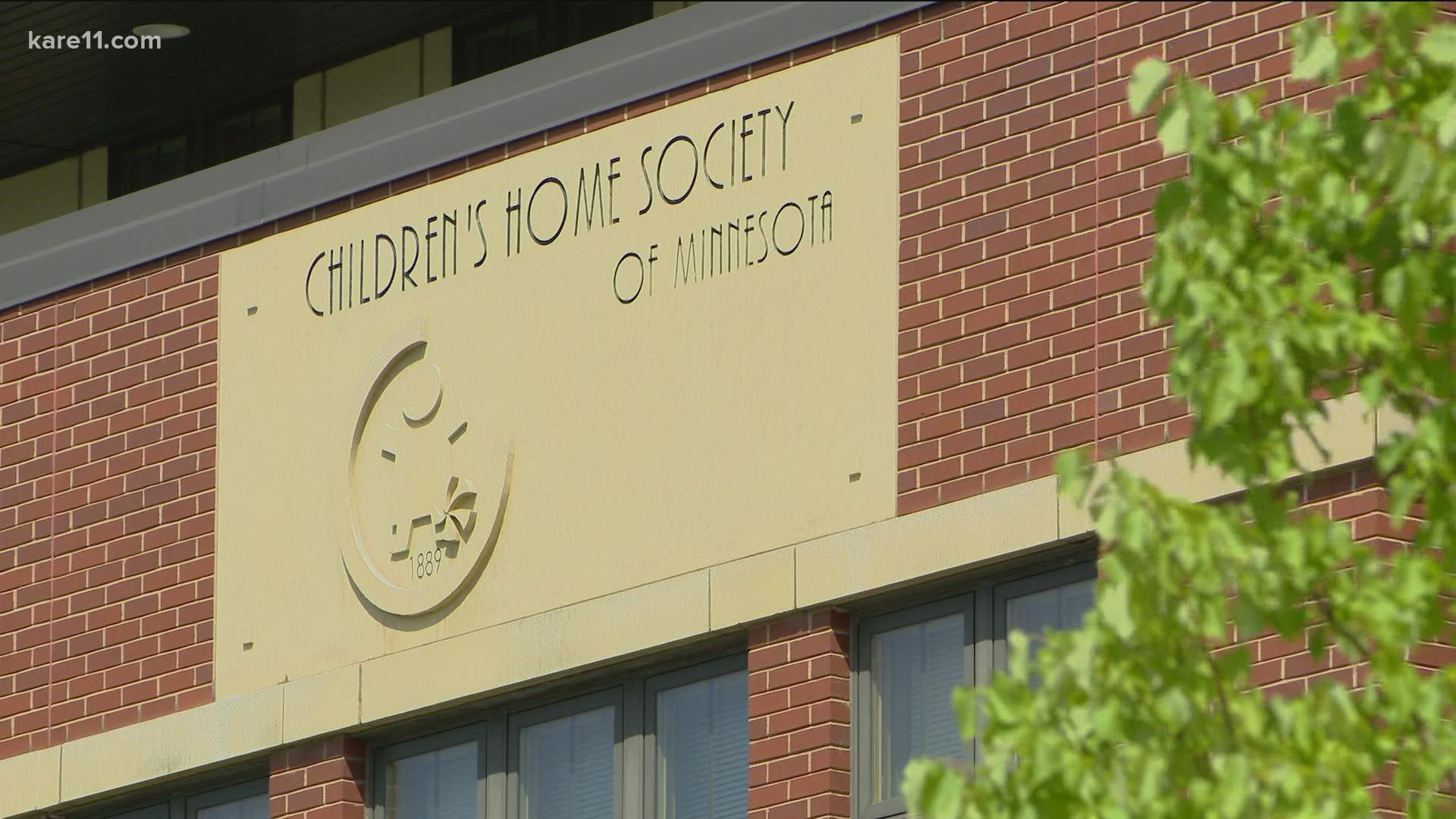MINNEAPOLIS — Growing a family, regardless of method, is not an easy decision to make.
Heidi Wiste, as the senior director of adoption at Children's Home Society and Lutheran Social Service of Minnesota, has been helping families for more than two decades.
"We hopefully are preparing families from the very start that what you need during this whole process COVID or not is flexibility," Wiste said.
But the pandemic, as it did for so many parts of our lives, seeped into international adoptions as well.
Even organizations, as seasoned as the ones Wiste is a part of, struggled in the last year.
"We've seen lots of changes over the years, but the scale and duration of this is unprecedented," she said. "We've seen the impact of COVID on different country programs, very different, it changes day to day. We're in close communications with the countries we work with. Some countries have been able to resume travel, some have not."
To put it into perspective, Wiste said the "peak" of international adoptions happened in 2004, with about 23,000 kids placed in the U.S.
"In 2019, that number was 2,971 and in 2020, that number was 1,622 so overall, a 93% decline in international adoption placements," Wiste explained. "And in one year driven by COVID, a 45% decline."
The issues? Simple logistics. The slowing down of red tape.
"Travel restrictions, I think everybody is really wanting to make sure that the risks are as low as possible," Wiste said. "[In] the United States too, some things in the process are slowed down, whether its processing paperwork, being able to make appointments to finalize adoptions, so bigger systems that are also impacted by COVID."
Wiste said with adoptions being a pretty emotional process to begin with, conversations telling parents-to-be are difficult to have, especially when it comes to asking them to wait.
"It's hard, it's hard, we are doing this work because we believe it's an important option for children who don't otherwise have permanency options," she said. "But it's hard to balance those emotions of families, and our desire to help these children join these permanent families."
In terms of how they're planning on moving forward, Wiste said they're in a wait-and-see mode, like many others.
"Our hope is that as things improve during the pandemic, we hope that our services can resume to pre-COVID activity. We hope to keep contact with countries with our other programs as well, with our domestic programs so that we can continue to do the work that we want to do in the way we know it should be done."

